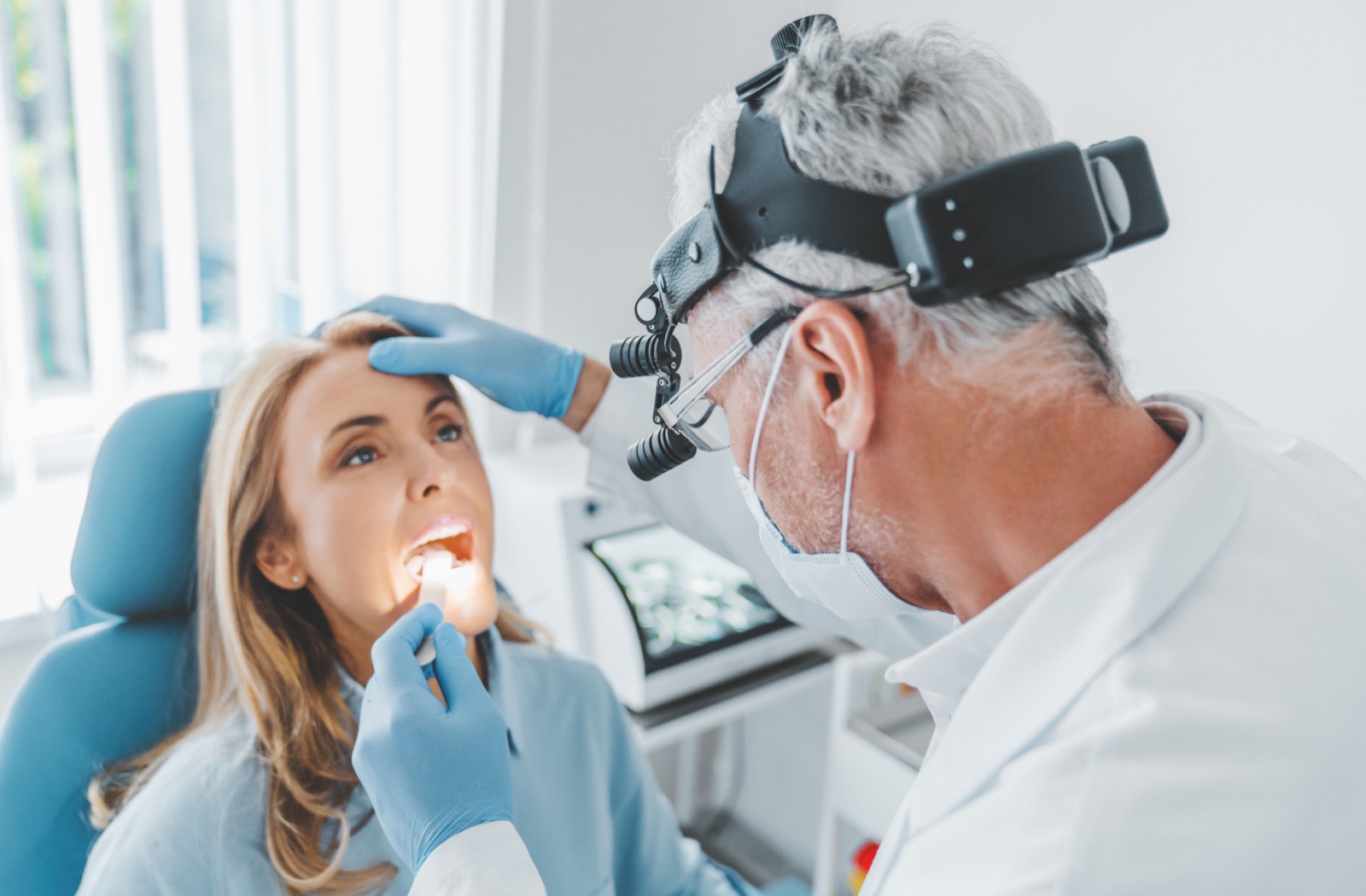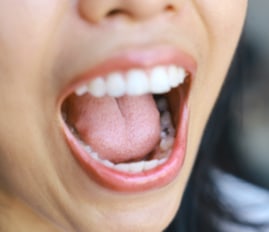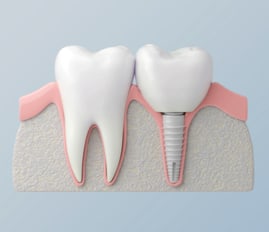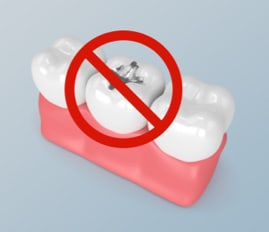We talk about gut health and skincare microbes all the time, but what about the bacteria living in your mouth? Often overlooked, these tiny organisms can significantly affect your overall health. Some bacteria in your mouth are beneficial, while others can pose health risks if left unchecked. They can cause dental problems like tooth decay or bleeding gums and bodily health issues like pneumonia or heart disease.
However, it’s important to remember that bacteria is not always something to fear. Microscopic bacteria testing at the dentist can help determine your unique mouth bacterial makeup, which can be used to create a targeted treatment plan that proactively manages your oral health as part of holistic healthcare.
Mouth Bacteria 101: The Good, the Bad & the Neutral
Did you know your mouth is home to billions of bacteria? These microorganisms are part of the oral microbiome, a complex ecosystem vital to keeping your mouth healthy.
The Good Ones
Not all bacteria are “bad guys.” Many beneficial types help protect oral health. Streptococcus salivarius, for instance, combats harmful bacteria and prevents oral infections. Think of these as your mouth’s natural defence system.
The Bad Ones
Conversely, harmful bacteria, such as Streptococcus mutans and Porphyromonas gingivalis, can wreak havoc. If left unmanaged, these bacteria contribute to cavities, gum disease, and more severe health conditions.
Genetics & Your Mouth Microbiome
Your genetics play a role in your mouth’s baseline community of bacteria. Just as some people are genetically predisposed to certain skin conditions or food sensitivities, you may naturally host bacteria that increase your risk for oral health issues like tooth decay or gum disease.
While you can’t change your DNA, understanding your genetic makeup can offer more insight into managing your oral health.
Other Factors That Impact Your Mouth Microbiome
Your lifestyle and habits also significantly impact your oral microbiome. Diets high in sugar and processed foods create the perfect breeding ground for harmful bacteria, while poor brushing and flossing habits allow plaque and unwanted microbes to flourish.
Medications, illnesses, and even stress can disrupt the delicate balance in your mouth, leading to inflammation or infections like gingivitis. Failing to address these issues can leave your mouth and body vulnerable.
Bacteria in Your Mouth Could Be Making You Sick
Now that we’ve covered the basics, here’s the big question—can bacteria in your mouth make you sick beyond dental cavities and gum disease?
Harmful bacteria aren’t content with staying confined to your teeth and gums. If inflammation from gum disease allows oral bacteria to enter your bloodstream, it can travel throughout your body. This process, known as “bacteremia,” can have surprising and far-ranging effects.
How Your Oral Health Impacts Dental Health
Neglecting oral care leads to more than just cavities. Over time, an unchecked imbalance of bacteria can cause periodontitis, a severe form of gum disease. Periodontitis doesn’t just damage soft tissues and bone structure—it can also loosen teeth and lead to systemic infections.
How Your Oral Health Affects the Rest of Your Body
Here’s where things get even more alarming. Studies have shown direct links between oral bacteria and severe health conditions, including:
- Heart Disease: Certain bacteria, like Porphyromonas gingivalis, are linked to inflammation and artery blockages, increasing your risk of heart disease.
- Diabetes: Poor oral health can worsen blood sugar control and vice versa, creating a vicious circle for people with diabetes.
- Respiratory Conditions: Bacteria from your mouth can be inhaled, leading to infections such as pneumonia in high-risk individuals.
- Pregnancy Complications: Pregnant women with gum disease have a higher likelihood of preterm births and low-birthweight babies.
The takeaway? When you care for your mouth, you also care for your overall health.
How to Improve Oral Health
The good news is that, with the proper habits, you can control your oral microbiome and promote a healthy balance of bacteria. Here are some tried-and-true steps to keep your mouth in tip-top shape.
- Brush and Floss Consistently: Brushing twice daily with a toothpaste containing hydroxyapatite and xylitol, along with daily flossing to reach the areas between your teeth are your first defence. These simple steps help reduce plaque, keeping harmful bacteria at bay.
- Watch Your Diet: Limit sugar-laden snacks and drinks, and try to include foods rich in vitamins and minerals. Calcium and vitamin D+K are particularly important for strong teeth and gums.
- Stay Hydrated: Drinking water throughout the day keeps you hydrated and encourages saliva production. Saliva is your mouth’s natural buffering system, neutralizing the acid that causes tooth decay.
- Regular Dental Checkups: Scheduling routine cleanings and exams with your dentist ensures any problems are caught early. Professionals can also provide personalized advice tailored to your unique oral health needs.
Bacteria Testing at the Dentist
Microscopic bacteria testing can help better understand the unique bacterial makeup in your mouth. This process involves swabbing your gums or using saliva samples to identify the bacterial species present. By analyzing the types and quantities of bacteria, your dentist can create a targeted treatment plan that helps proactively manage your care.
This testing can also evaluate the effectiveness of your at-home oral hygiene and professional dental treatments, allowing you and your dentist to make adjustments that prioritize your overall health.
Health First Dental advocates that maintaining a balanced oral microbiome is crucial to overall well-being, from keeping teeth healthy to preventing systemic diseases. Contact us today to take the first step in proactive dental care by testing your mouth’s microbiome.












